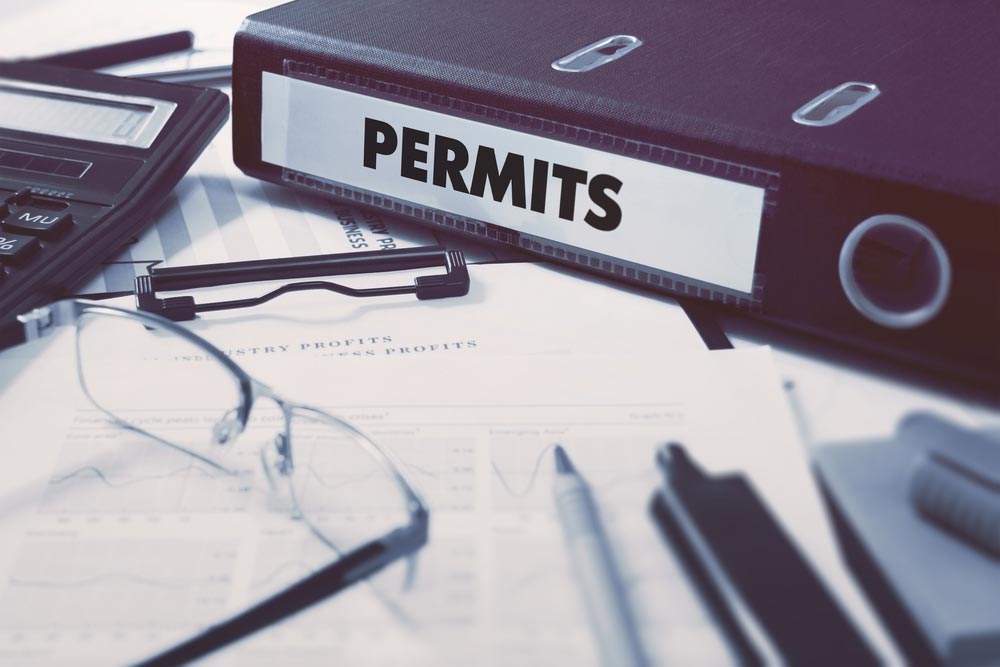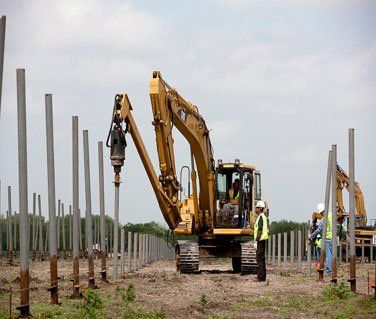Austin is the largest city that complies with all of the required atmospheric levels mandated by the EPA’s established National Ambient Air Quality Standards. However, the city is at risk for violating federal ozone standards as the ozone levels in the Austin area have been hovering just below federal violation levels for the last six years.
What Constitutes Bad Air Days
Ground-level ozone, or “bad” ozone, is an ingredient in smog and a primary pollutant that can cause many health problems. Last year, Austin had ten days of air quality deemed unhealthy for sensitive groups, which follows closely on the heels of 2015’s 12 days of bad air quality.
Air quality is considered “bad” if any pollutant rises above the predetermined compliance levels set by the U.S. Environmental Protection Agency. Standards implemented by the EPA in 2015 state that good air quality permits 55 parts per billion of all air pollutants. Bad air quality is determined if the air has 71-85 parts per billion of all air pollutants.
What Bad Air Days Mean
Ground-level ozone is like a sunburn for your lungs. Risk of exposure to bad ozone is elevated in the summertime months because more people are outside and temperatures are hotter. High temperatures and blazing sunshine contribute to worsened air quality by magnifying the greenhouse effect that traps and radiates heat within the atmosphere.
Bad Air Days in 2019
So far, in 2019, there have been no days that have reached unhealthy levels of air quality. Seventeen days were considered “moderate” in terms of air quality. However, it is still too early to determine if this year will have fewer bad air quality days than last year as August and September are the worst days of the year for ozone. There is also a risk of bad ozone up through the end of October.
Potential Consequences of Bad Air
If this year’s air quality is any worse than last year’s, the city will violate national air quality standards. If that happens, there can be consequences even beyond public health. Fortunately, there are a variety of things that individuals, businesses, and the city can do to lower emissions. Contact us to find a solution that you can implement to help improve air quality.





